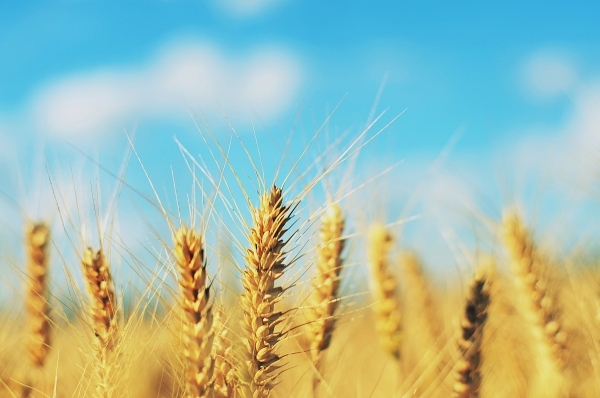Genetic improvement programs can span decades and entail studying genetic mechanisms of wheat in order to better understand them and hence accomplish more effective research in this field. In this context, a research team made up of Professor Miguel Aguilar, from the Department of Botany, Ecology and Plant Physiology at the University of Cordoba, along with José Garrido and Pilar Prieto, both researchers at the Institute for Sustainable Agriculture (abbreviated to IAS – CSIC in Spanish), was able to further our knowledge of these procedures. They published the set of reliable reference genes in wheat meiosis.
Meiosis is the division process that generates gametes or reproductive cells. During meiosis, chromosome association and genetic recombination occur. These are vital processes for a plant’s fertility. Reference genes or normalizing genes are genes whose expression does not change during the biological processes under study. So, these kinds of genes work as a constant in order to be sure that any change of expression observed in other genes can be significantly correlated with the studied process.
The absence of validated reference genes that can be used to study wheat meiosis is what led this team to seek the set of genes that can provide precise measurements of the expression of other genes during the process of meiosis in durum wheat, used to make pasta, and common wheat, used to make bread. This discovery will be useful for future scientific research focused on the genetic improvement of wheat.
Using the recently sequenced and assembled complete wheat genome as a basis, the research team used the quantitative PCR technique (used to amplify DNA sequences) to test and analyze the stability of certain genes and likewise determine how many are needed for the results to be reliable. The reference genes obtained were duplicated or were part of a gene family, so the real challenge for the team was to identify the specific members that can be used as reference genes in gene expression during meiosis. Lastly, two new genes were identified: cyclic phosphodiesterase-like gene and salt tolerant protein gene.
This set of genes helps us to understant how meiosis works and how we can manipulate it, which could revolutionize agriculture, since it would allow for manipulating chromosome associations and using genes from other species in wheat. All this to continue the job of feeding the world.
Garrido, J., Aguilar, M. & Prieto, P. Identification and validation of reference genes for RT-qPCR normalization in wheat meiosis. Sci Rep 10, 2726 (2020). https://doi.org/10.1038/s41598-020-59580-5


